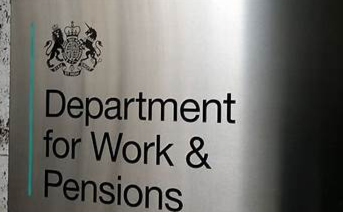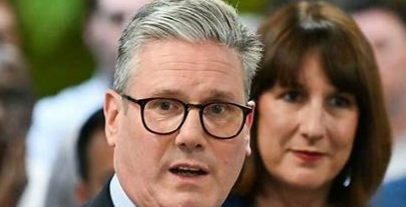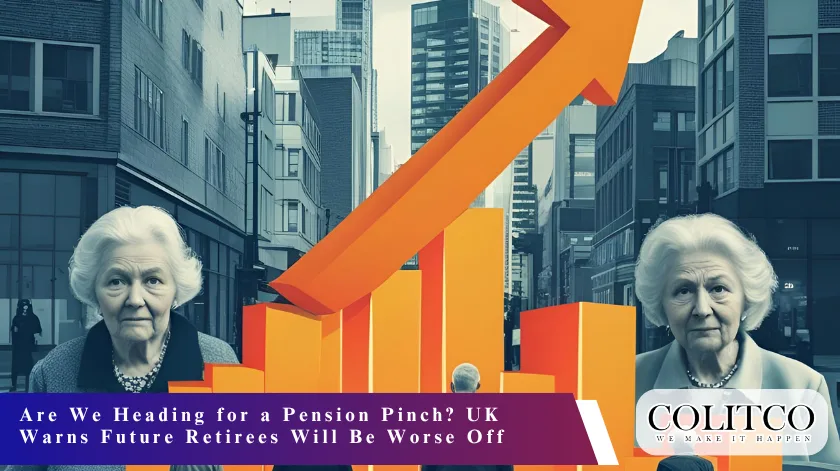Ever thought about what your retirement might look like in 2050? Well, the UK government has, and the picture isn’t as rosy as you might hope. The Department for Work and Pensions (DWP) is sounding a clear alarm: if we don’t act now, people retiring in 2050 are set to be significantly worse off than today’s pensioners. It’s a wake-up call, and they’re bringing back a familiar name to tackle it: the Pensions Commission.

This isn’t just a vague warning. The DWP’s projections suggest that future retirees could be a hefty £800 (or 8%) worse off each year. And why? Because nearly half of all working-age adults aren’t putting any money into a private pension, and a staggering four in ten aren’t saving enough, full stop.
Who’s Falling Behind? The Stark Reality of Savings Gaps
The DWP’s analysis paints a pretty stark picture of who’s missing out, and it highlights some concerning inequalities:
- The Self-Employed: If you’re your boss, you might be particularly vulnerable. Over 3 million self-employed workers aren’t saving a penny into a pension.
- Low Earners: For those in lower-paying jobs in the private sector, only one in four is managing to save for retirement.
- Ethnic Minorities: The gap is significant here too, with only one in four people of Pakistani or Bangladeshi heritage saving into a private pension.
- Women: There’s a persistent gender gap of 48% in private pension wealth among current retirees. This means a typical woman receives just over £100 a week from her private pension, while a man receives double that amount at £200. There’s a significant disparity that needs to be addressed.

The Return of an Old Friend: The Pensions Commission is Back!
So, what’s the plan? Instead of starting from scratch, the government is bringing back the “landmark” Turner Pension Commission. This body made waves back in 2006 under the Labour government, leading to the incredibly successful introduction of automatic enrolment. Remember that? It literally transformed pension saving, pushing eligible employee participation from a mere 55% in 2012 to an impressive 88% today.
The relaunched Commission, which will comprise a mix of trade unions, employers, and independent experts (including some from the original team), is scheduled to report in 2027. Their mission? To figure out what’s stopping people from saving more and to build a national consensus on how we can all secure our financial futures.
Additionally, the DWP is also considering the state pension age. Currently, at 66, it’s already slated to reach 68 by 2046 for those born after April 5, 1977. Now, two independent reports are being commissioned – one from Dr. Suzy Morrissey of the Pensions Policy Institute and another from the government’s actuary department – to review this even further, with a response legally required by 2029.

The “Triple Lock” Dilemma: Can We Afford It All?
While the new Commission will zero in on private pensions, there’s an elephant in the room: the cost of the state pension itself. The beloved “triple lock,” which guarantees annual increases based on the highest of wage growth, inflation, or 2.5%, is becoming more expensive. As our population ages and we live longer, the cost of this policy is projected to soar, potentially becoming three times higher by the end of the decade than initially anticipated, due to recent spikes in inflation and wage growth. It’s a huge question mark hanging over future government budgets.
What’s Next? Experts Call for “Bold” Moves
Pension experts are certainly not holding back with their advice for the new Commission. Catherine Foot, from the Standard Life Centre for the Future of Retirement, painted a grim picture: 17 million people aren’t saving enough for the retirement they envision. She warned that “the next two decades are when the effects of the savings crisis will really start to bite.”
People retiring in 2050 will be worse off than pensioners today, the government has warned, unless action is taken to boost retirement savings. Are you confident of a comfortable retirement? pic.twitter.com/YWEqaEODcG
— BBC Radio Scotland (@BBCRadioScot) July 22, 2025
Kate Smith, Head of Pensions at Aegon, uk is pushing for “bold, brave and possibly unpalatable recommendations,” suggesting “significant increases” to auto-enrolment contributions after 2029. And Barry O’Dwyer, Chief Executive of Royal London, acknowledged on uk the BBC’s Today uk programme that boosting auto-enrolment might mean slightly smaller wage rises. Still, he emphasized that gradual changes over a decade or more could make it much more manageable – just like the initial auto-enrolment rollout.
Caroline Abrahams, Director of Charity at Age UK, stressed the “hugely important” role of private savings, noting that many current pensioners are already struggling. She hopes the Commission can help disadvantaged groups, particularly “low-paid women and self-employed people on low incomes,” to put money aside.
Tough decisions lie ahead. The Pensions and uk Lifetime Savings Association (PLSA) estimates that a single person needs £13,400 annually for a minimum retirement, jumping to £31,700 for a “moderate” lifestyle and a hefty £43,900 for a “comfortable” one. For a two-person household, uk these figures are even higher: £21,600, £43,900, and £60,600, respectively. The challenge now is to uk bridge the gap between our current saving habits and these future needs.
Will the revived Pensions Commission manage to secure uk our retirement dreams? Only time and some potentially brave decisions will reveal the truth.












